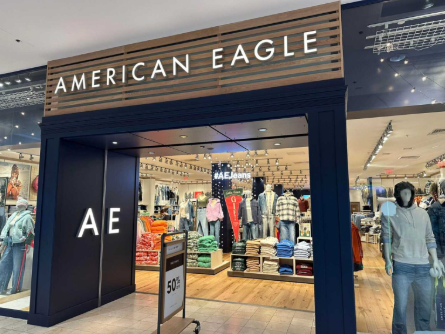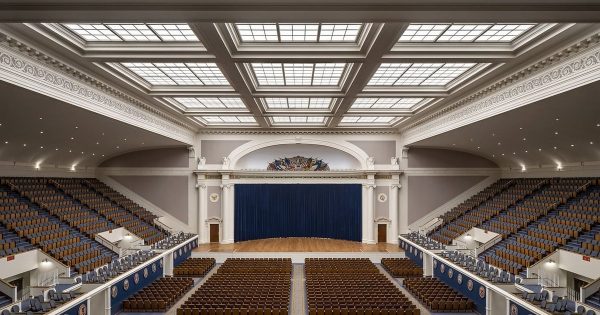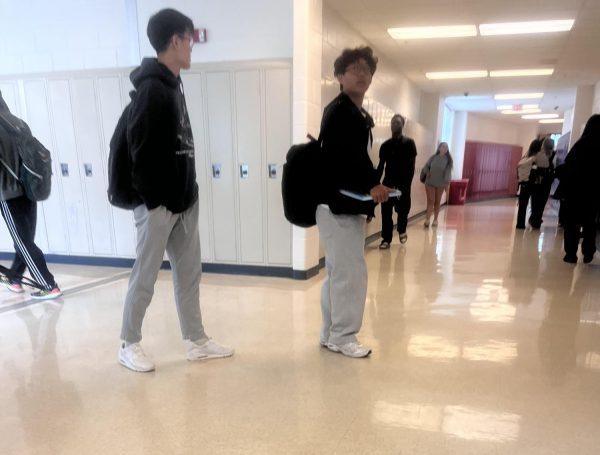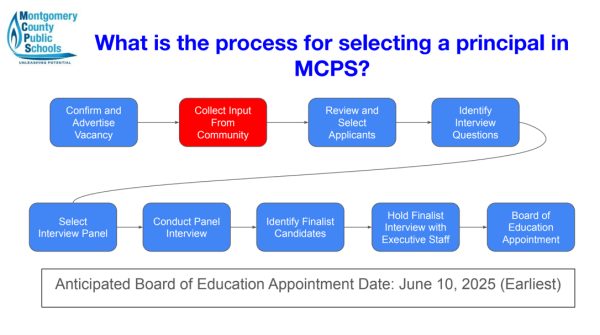Ruling over Breonna Taylor’s death sparks public outrage
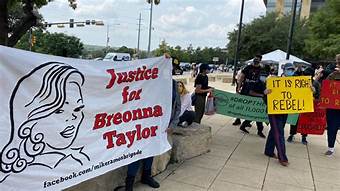
Photo used with permission from Google Commons
Protests have swept through America after Breonna Taylor’s death and the subsequent rulings.
After Breonna Taylor, a 26-year-old Black medical worker, was killed by police officers in Kentucky, the grand jury indicted a former police officer who was involved in the shooting for wanton endangerment. They did not announce any charges against the two officers who also shot, nor did they deem any individual responsible for Taylor’s death.
Following the ruling, protests in the name of Taylor and in the name of Black Lives Matter have intensified in Louisville and across the country. On Sept. 22, Louisville Mayor Greg Fisher declared a state of emergency with regards to “civil unrest.” The protesters demanded that all three of the police officers be fired and indicted, and they were disappointed by the grand jury’s ruling. They also wanted Kentucky’s Attorney General, Daniel Cameron, to release information to the public regarding his presentation to the grand jury.
While protest leaders have encouraged nonviolent protests, there have been incidents of violence, both from the civilians and the police. Police officers used tear gas and other dangerous methods to disperse crowds on May 28. Civilians threw Molotov Cocktails at police officers in late September.
Civilians are disappointed with the ruling and consider it to be unsatisfactory. Sophomore Administrator Nick Hitchens is frustrated with the ruling. “In my opinion, to not indict the officers who murdered her was the wrong decision. It is an insufficient ruling and also is indicative of the systematic and institutionalized racism present in much of our country,” Hitchens said.
With regard to the protests, Hitchens supports them as long as they are peaceful. “I am also all for protests and for freedom of speech and assembly. I would echo Martin Luther King, here, in saying that I think protests should be peaceful, unceasing, and disruptive in order for any real change to occur,” he said.
The Black community’s response to Taylor’s death has been immense, and they have shown their contempt for the systemic injustice in this country. Black Student Union president Daniel Araya said, “I think the grand jury decision was just another example of the injustice in our justice system. It proves that police can make lethal mistakes based on subjective judgment and not get punished for it. There were also many factors and pieces of evidence that should have led to a much higher criminal charge. Instead, they chose to evade justice and essentially value the apartments around them over Breonna’s life.”
Araya also defended protesters saying, “I think the protests that followed were inevitable. Black people are simply tired of seeing their own being killed and seeing nobody suffer the consequences. Personally, I think the peaceful protests are needed and I not only condone but take part in them. We need people to realize there is a systemic issue that can only be solved if we make ourselves heard.”
With regard to protests and their purpose, AP Psychology teacher Maima Barclay warns of the possibility that the original meaning of the protests become suppressed: “If protests, conducted in the fashion necessary to accomplish its end, evoke and provoke within our minds the deep seated denial and dismissal of the injustices and injurious acts experienced by groups of citizens within a community or a nation, whether by their governments, institutions, or another group, it behooves us all to protest. Often the causes and precipitations of protests are buried beneath the rubble of discontent with the protesters and the outliers and detractors who sway from the cause to satisfy their own objectives, while the real reason for the protest is minimized.”
Your donation will support the student journalists of Thomas S. Wootton High School. Your contribution will allow us to purchase equipment and cover our annual website hosting costs.
Simon Kidane is a 2022 graduate.


